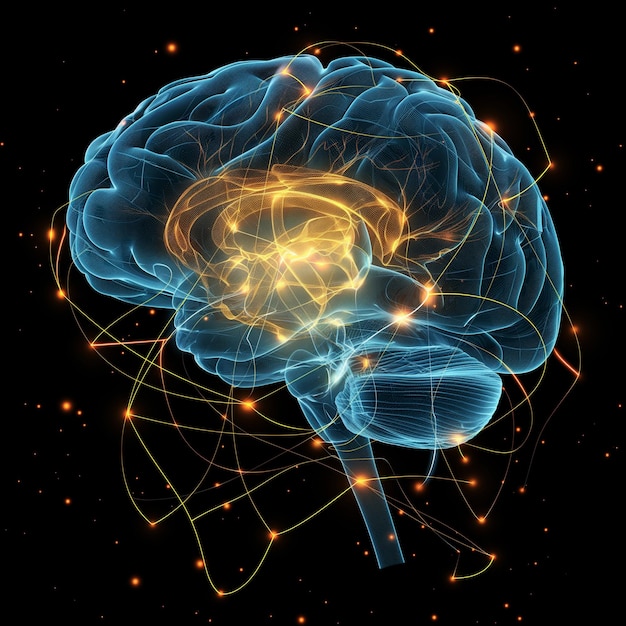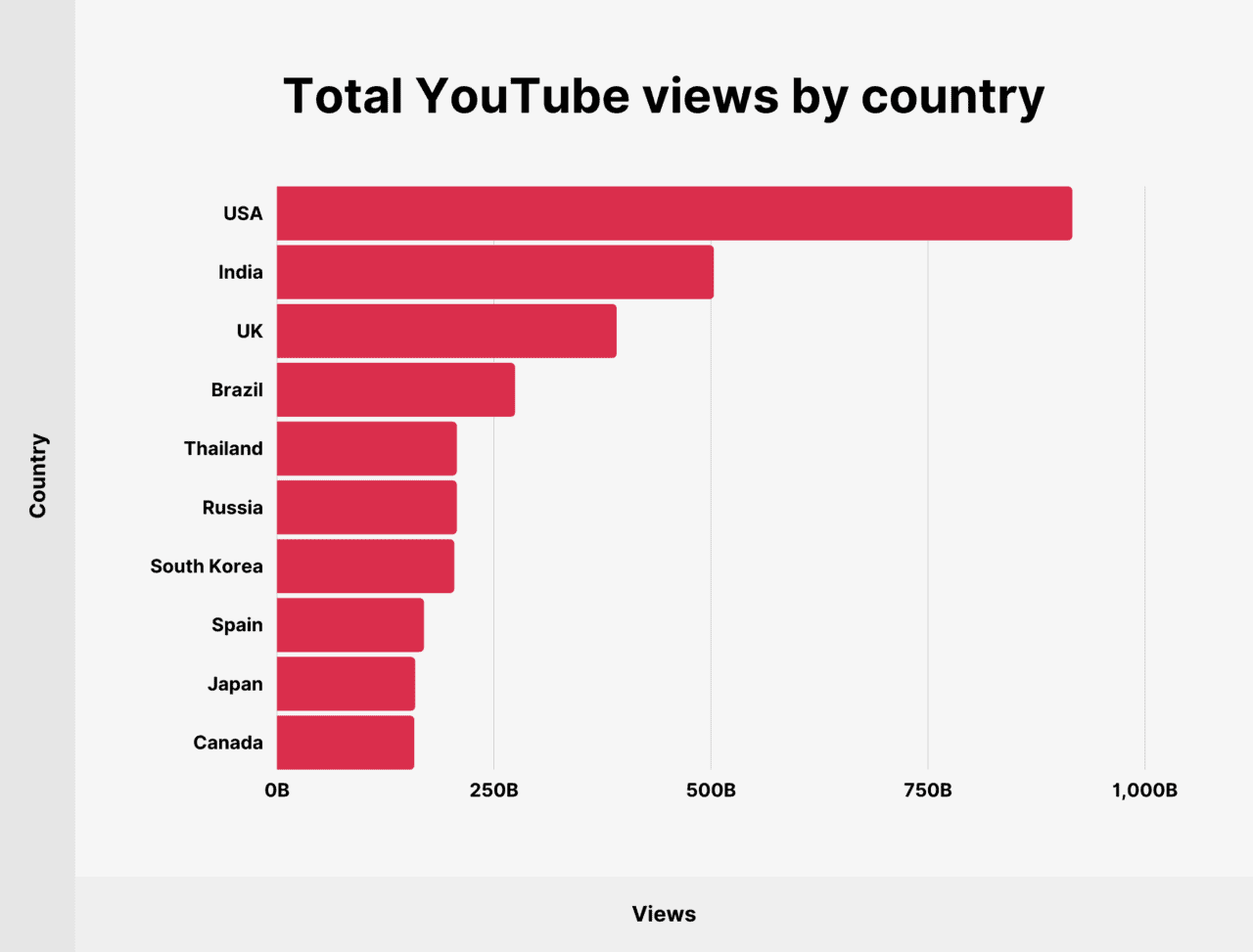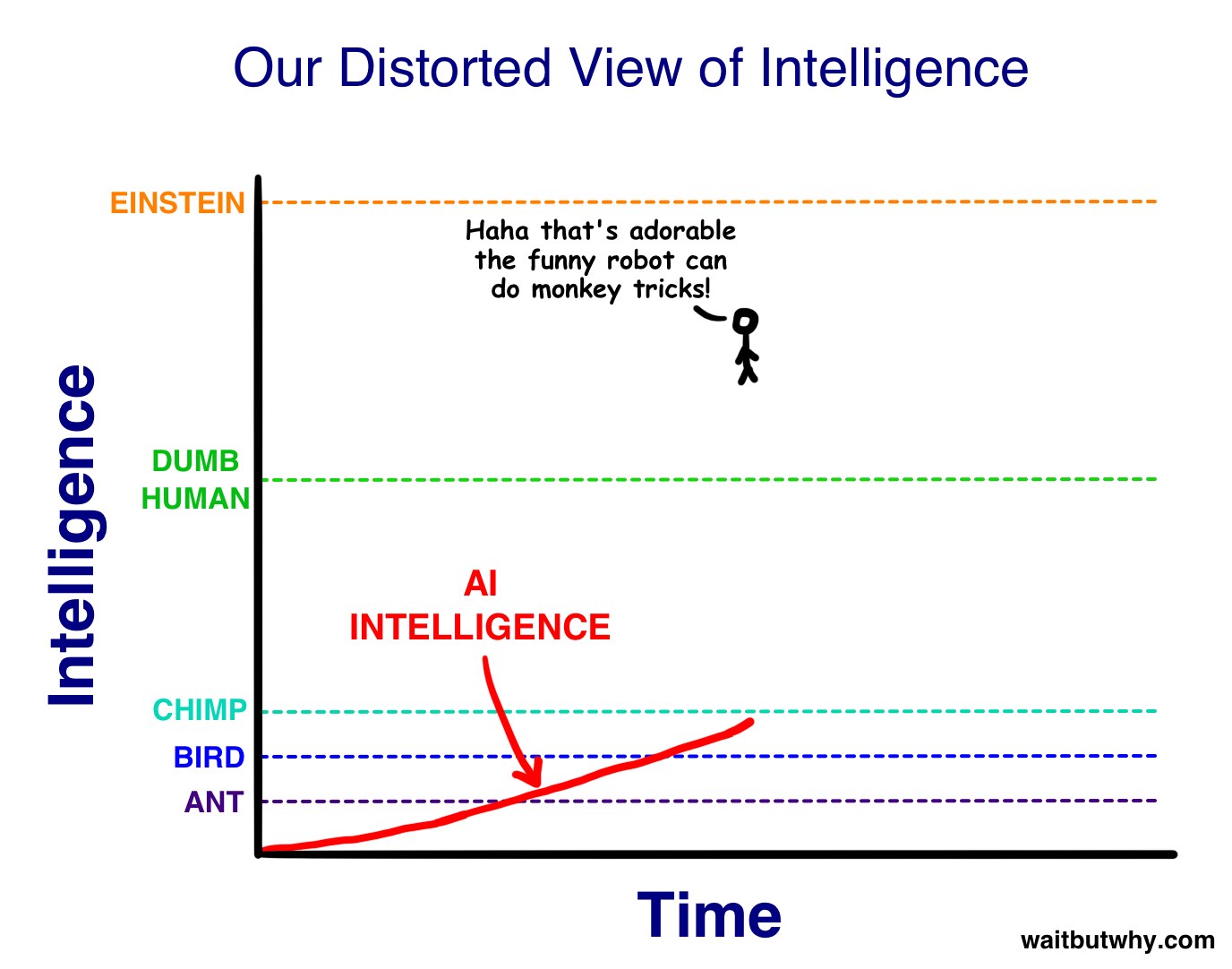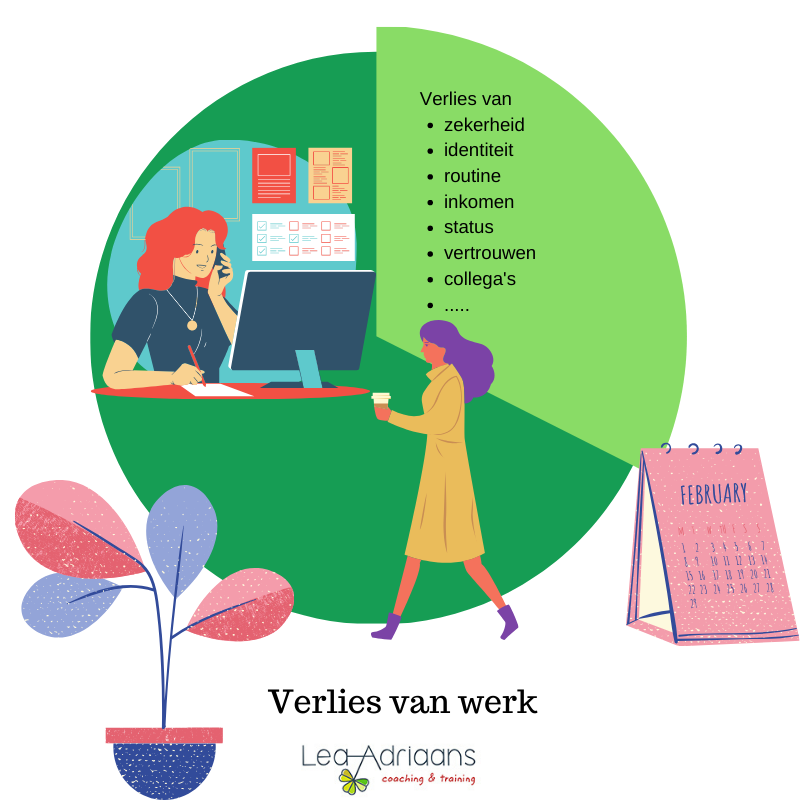Is AI Really Thinking? A Closer Look At Artificial Intelligence's Cognitive Abilities

Table of Contents
Defining "Thinking" in the Context of AI
Before assessing whether AI can "think," we need to define what "thinking" entails. Human cognition is a complex tapestry woven from reasoning, problem-solving, consciousness, and self-awareness – abilities that are far from fully understood, even by neuroscientists. Artificial intelligence, on the other hand, operates through algorithms and processes, however sophisticated.
Human Cognition vs. Artificial Intelligence
The key difference lies in the nature of the processes. Human thinking is often intuitive, creative, and adaptable. We can effortlessly handle ambiguity and unexpected situations, drawing on a vast reservoir of experiences and emotions to inform our judgments. AI systems, even the most advanced, lack this richness of experience and the accompanying emotional context.
- Limitations of current AI: Current AI excels at specific tasks but struggles with the general adaptability of human intelligence. It lacks genuine understanding and often operates based on statistical correlations rather than true comprehension.
- The Turing Test: The Turing Test, which assesses a machine's ability to exhibit intelligent behavior equivalent to, or indistinguishable from, that of a human, remains a controversial benchmark. While passing the test might suggest advanced AI, it doesn't necessarily equate to genuine thinking or consciousness.
- Strong vs. Weak AI: The distinction between strong AI (hypothetical AI with human-level intelligence and consciousness) and weak AI (AI designed for specific tasks) is crucial. Current AI firmly falls into the "weak" category.
Current Capabilities of AI Systems
Despite the limitations, AI systems have demonstrated remarkable capabilities, largely fueled by advancements in machine learning and deep learning.
Machine Learning and Deep Learning
Machine learning allows AI to learn from data without explicit programming, identifying patterns and making predictions. Deep learning, a subset of machine learning, uses artificial neural networks with multiple layers to analyze data at different levels of abstraction, enabling the processing of complex information.
- AI Successes: AI excels in areas like image recognition (e.g., facial recognition software), natural language processing (e.g., chatbots, language translation), and game playing (e.g., AlphaGo's victory over a Go world champion).
- Specific AI Systems: AlphaGo, GPT-3 (and its successors), and other sophisticated AI systems demonstrate the power of deep learning and machine learning in achieving remarkable feats.
- Narrow vs. General AI: It's crucial to note that these successes are largely confined to narrow or specialized AI. General AI – possessing human-level intelligence across diverse domains – remains a distant prospect.
Limitations of Current AI and the "Thinking" Debate
While impressive, current AI systems still fall short of possessing true "thinking" abilities. A fundamental limitation is the absence of genuine understanding and consciousness.
The Absence of True Understanding and Consciousness
AI systems operate based on algorithms and statistical probabilities, not genuine understanding. They can process information and generate seemingly intelligent outputs, but they lack the subjective experience and self-awareness that characterize human consciousness.
- Handling Unexpected Situations: AI systems often struggle with unexpected situations or nuances that fall outside their training data. Their responses are often based on pattern recognition rather than true comprehension.
- Emergent Properties: The concept of "emergent properties" – where complex systems exhibit properties not present in their individual components – is debated in the context of AI consciousness. Whether emergent properties in complex AI systems could lead to genuine consciousness remains unknown.
- Ethical Implications: The increasing sophistication of AI raises crucial ethical concerns, emphasizing the need for careful development and responsible deployment to prevent unintended consequences.
The Future of AI and its Cognitive Abilities
The future of AI and its cognitive abilities is a subject of ongoing research and intense speculation.
Potential Advancements and Unanswered Questions
Significant advancements are anticipated in various areas, pushing the boundaries of what's currently possible.
- Neuromorphic Computing: This approach mimics the structure and function of the human brain, potentially leading to more efficient and powerful AI systems.
- Artificial General Intelligence (AGI): Research into AGI aims to create AI with human-level intelligence and adaptability, a goal that remains elusive.
- Societal Implications of AGI: The development of AGI would have profound societal implications, requiring careful consideration of ethical, economic, and social impacts.
Conclusion
While Artificial Intelligence has made remarkable strides in mimicking aspects of human cognition, the question of whether it truly "thinks" remains open. Current AI systems, however advanced, lack genuine understanding, consciousness, and the broad adaptability of human intelligence. The debate surrounding Artificial Intelligence's cognitive abilities is far from settled, and continued research is crucial to unraveling the complexities of intelligence, both human and artificial. Continue exploring the fascinating world of Artificial Intelligence's cognitive abilities; deepen your understanding of this rapidly evolving field.

Featured Posts
-
 Gambling On California Wildfires A Disturbing Trend In Los Angeles
Apr 29, 2025
Gambling On California Wildfires A Disturbing Trend In Los Angeles
Apr 29, 2025 -
 Canada Election 2023 Mark Carneys Faltering Campaign Momentum
Apr 29, 2025
Canada Election 2023 Mark Carneys Faltering Campaign Momentum
Apr 29, 2025 -
 You Tubes Growing Senior Audience Demographics And Engagement
Apr 29, 2025
You Tubes Growing Senior Audience Demographics And Engagement
Apr 29, 2025 -
 The Reality Of Ai Far From Human Level Thinking
Apr 29, 2025
The Reality Of Ai Far From Human Level Thinking
Apr 29, 2025 -
 Louisville Postal Service Mail Delays Expected To End Soon
Apr 29, 2025
Louisville Postal Service Mail Delays Expected To End Soon
Apr 29, 2025
Latest Posts
-
 Het Einde Van Een Icoon Thomas Mueller En Bayern Muenchen Gaan Uit Elkaar
May 12, 2025
Het Einde Van Een Icoon Thomas Mueller En Bayern Muenchen Gaan Uit Elkaar
May 12, 2025 -
 Het Afscheid Van Thomas Mueller Een Bittere Pil Voor Bayern Muenchen
May 12, 2025
Het Afscheid Van Thomas Mueller Een Bittere Pil Voor Bayern Muenchen
May 12, 2025 -
 De Vernedering Van Kompany Analyse Van De Mislukking
May 12, 2025
De Vernedering Van Kompany Analyse Van De Mislukking
May 12, 2025 -
 Kompanys Team Lijdt Vernederende Verlies
May 12, 2025
Kompanys Team Lijdt Vernederende Verlies
May 12, 2025 -
 Bitter Einde Voor Bayern Muenchen Het Vertrek Van Thomas Mueller
May 12, 2025
Bitter Einde Voor Bayern Muenchen Het Vertrek Van Thomas Mueller
May 12, 2025
